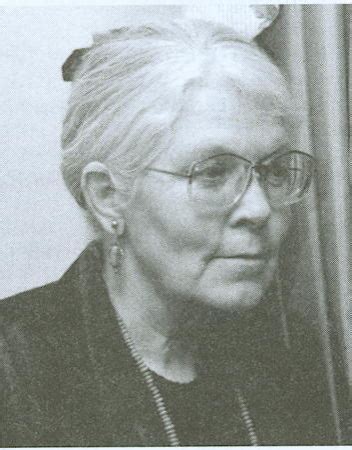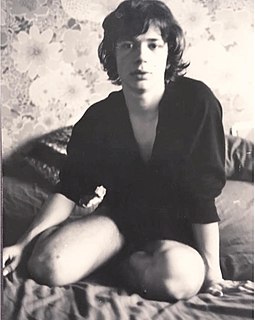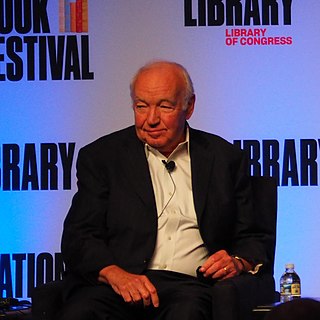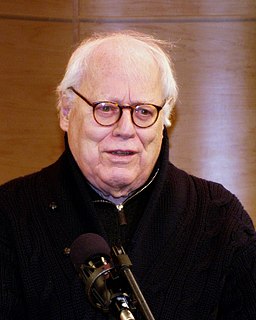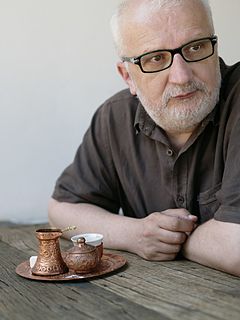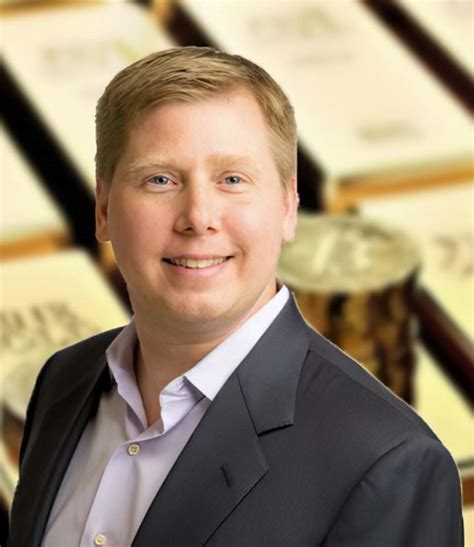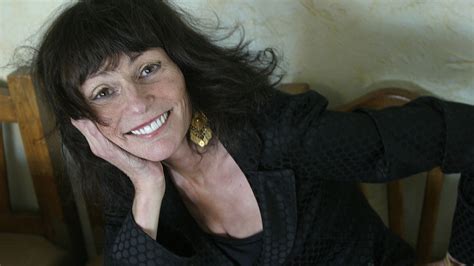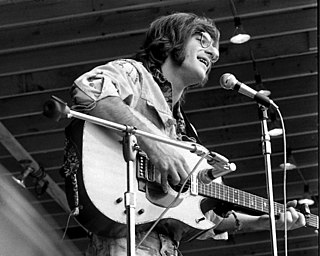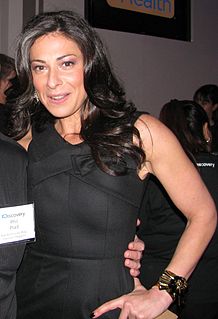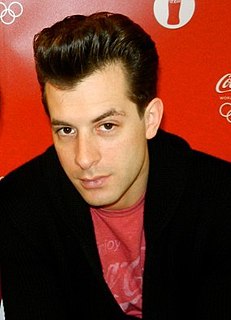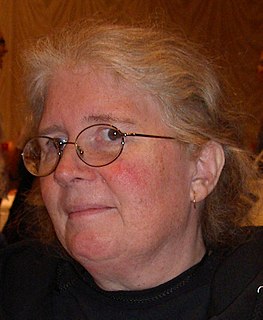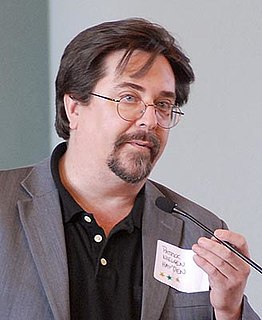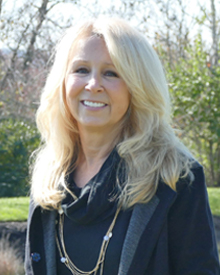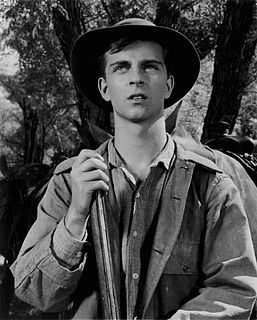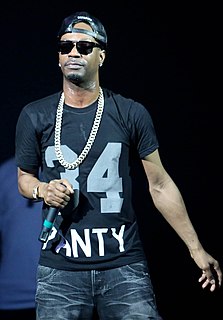Top 1200 Publishing Industry Quotes & Sayings - Page 2
Explore popular Publishing Industry quotes.
Last updated on April 16, 2025.
Determining the value of individual texts has been an ideological scuffle in literary criticism for centuries: but the environmental cost of printing them hauls this dispute from the ivory tower into day-to-day decision-making. Is it right to write? The publishing industry is slowly beginning to commit to using sustainably harvested trees.
This is what happens when the discourse of publishing, defined and driven by spoken and written language, is talked about in exactly the same vocabulary and syntax as any widgetmaking industry. Books are reformulated as 'product' - like screwdrivers or flea-bombs or soap - and the majority of writers are perceived as typists with bad attitudes.
You have to find a way of shutting the future out and focusing on the writing. One of the problems I'll have with writing my second book is getting back into a situation where I think about the words on the page rather than the publishing industry, or success, or any kind of readership I may now have. I'll have to do what writers do, which is focus on the story and nothing else.
With the publishing of The Basic Eight, it was often assumed that I was really immature and callow, and with the publishing of Watch Your Mouth, it was assumed that I was oversexualized, and with Lemony Snicket, it's often assumed that I'm erudite and depressed. But all the voices more or less came naturally to me.
Trade book publishing is by nature a cottage industry, decentralized, improvisational, personal; best performed by small groups of like-minded people, devoted to their craft, jealous of their autonomy, sensitive to the needs of writers and to the diverse interests of readers. If money were their primary goal, these people would probably have chosen other careers.
Don't wait for success, but for the respect and interest of those who read you. At the start it could be a classmate, someone who shares your interests. Before sending off the manuscript for a novel to a publishing house, it would be a good idea to try writing short stories, and publishing them in a local magazine.
Booksellers are tied to publishing - they need conventional publishing models to continue - but for those companies, that's not the case. Amazon is an infrastructure company; Apple sells hardware; Google is really an advertising company. You can't afford as a publisher to have those companies control your route to market.
There's a bizarre prejudice that exists in the New York publishing establishment that any work outside the tri-state area is being done by trained chimpanzees, that geography screens out sensibility. There's an idea that all Los Angeles writing is about the movie industry, that it's vulgar, shallow and banal.
Corporations that are turning over these huge profits can own everything: the media, the universities, the mines, the weapons industry, insurance hospitals, drug companies, non-governmental organisations. They can buy judges, journalists, politicians, publishing houses, television stations, bookshops and even activists. This kind of monopoly, this cross-ownership of businesses, has to stop.
It really gets me when the critics say I haven't done enough for the economy. I mean, look what I've done for the book publishing industry. You've heard some of the titles. 'Big Lies,' 'The Lies of George W. Bush,' 'The Lies and the Lying Liars Who Tell Them.' I'd like to tell you I've read each of these books, but that'd be a lie.
There are people who have never studied writing who are capable of being writers. I know this because I am an example. I was a part-time registered nurse, a wife, and a mother when I began publishing. I'd taken no classes, had no experience, no knowledge of the publishing world, no agent, no contacts ... Take the risk to let all that is in you, out. Escape into the open.
But the thought leaders on talk radio and Fox do more than shape opinion. Backed by their own wing of the book-publishing industry and supported by think tanks that increasingly function as public-relations agencies, conservatives have built a whole alternative knowledge system, with its own facts, its own history, its own laws of economics.
I've felt pressure to produce long fiction for as long as I've been writing fiction. There's just an incredible bias in the publishing industry toward novels and away from short stories. They're seen as D.O.A. in the marketplace, which seems nuts to me, given that various collections done smashingly and deservedly well in economic terms.

